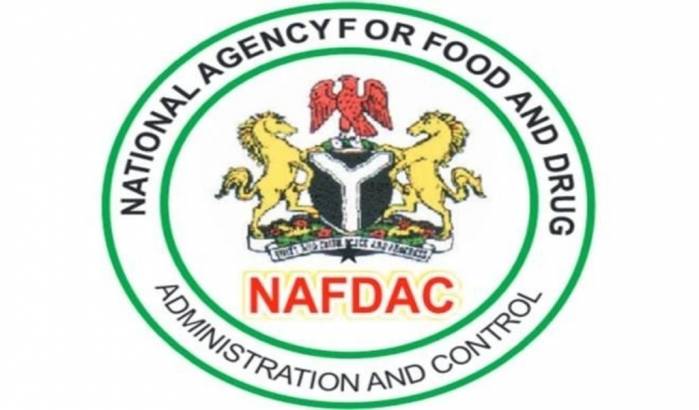Plans are in progress to establish a “Delivery Unit” to coordinate the tracking and monitoring of policies, programmes and projects, approved by the Federal Executive Council, FEC, in line with the priority areas of Government.
The Permanent Secretary, Cabinet Affairs office, CAO, Office of the Secretary to the Government of the Federation, OSGF, Babatunde Lawal, made this known on Saturday in Lagos State.
In a statement issued by the acting Director-General of Centre for Management Development, CMD, Mr. Bitrus Chinook, Lawal was quoted as saying that the unit will be domiciled in the CAO.
Lawal made the disclosure while speaking at a specialized training programme on policy management processes and cabinet documentation for directorate and senior level officials of Ministries, Departments and Agencies, MDAs, organised by COA.
He recalled that at the beginning of President Muhammadu Buhari’s second term, a retreat was organised for new Ministers, Federal Permanent Secretaries and other top government functionaries to intimate them on the new vision of the administration.
“One of the major outcomes of the retreat was that Ministerial mandates should be developed in line with the vision of the President to build a prosperous economy, eradicate corruption and provide security for all Nigerians.
“A Delivery Unit is also being established in the OSGF/CAO to coordinate the tracking and monitoring of Federal Executive Council approved policies, programmes and projects, in line with the priority areas of Government.
READ ALSO: Presidency Confirms ‘Downsizing’ Of Political Appointees, Says No Rift Between Buhari, Osinbajo
“The team is expected to work closely with the Directors and Relationship Officers of MDAs to drive implementation of government policies, programmes and projects,” he said.
He explained that government had identified nine key areas to focus on for the next four years.
According to him, the areas are; stabilize the macro economy; achieve agriculture and food security; improve transportation and other infrastructure; drive industrialization; enhance social inclusion and reduce poverty; fight corruption and improve governance; improve health, education and productivity of Nigerians; ensure energy sufficiency in power and petroleum products and improve security for all.
The Permanent Secretary advised participants to make use of the opportunity in assisting MDAs to propose initiatives to the leadership of their Ministry for Council’s consideration, especially policy memoranda.
“It is envisaged that after this training, there would be: Improved quality of Council memoranda and related documents from Ministries, and reduced rate of iteration;
“Reduction in processing time of memoranda received from MDAs; Improved quality of Council decisions and approvals;
“Improved understanding of the entire policy management value chain (Policy development, implementation, tracking and reporting) by the Relationship team of the CAO and Directors/relevant officials at the MDAs and;
“Ultimately, the accelerated translation of all the initiatives into tangible public goods and services that meet citizens’ needs,” Lawal said.
In his address, Chinoko, described the business of governance as a huge task.
He said that the three days training would provide participants the opportunity to strengthen their skills and improve their knowledge to equip them make better contribution to the nation.
In her remarks, the Secretary to the Lagos State Government, Mrs. Folashade Jaji, posited that the training came at a crucial time when improvement in policies, projects and programme implementations must be seen and felt by every citizen and visitor in Nigeria.
She therefore urged the participants to make the best of the training bearing in mind that “the benefits that come with it are not for the government but first and foremost for yourself and for Nigerians.”
The theme of the training was: “Capacity Building on Policy Management Processes and Cabinet Documentation for Enhanced Service Delivery.”











